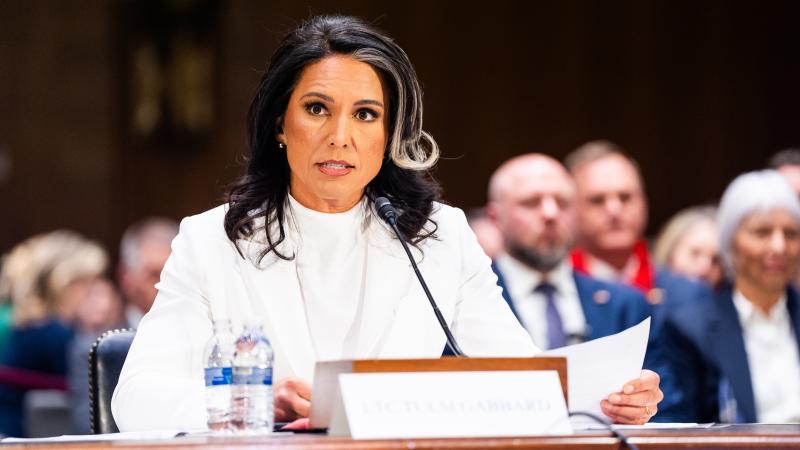FEMA bungled Puerto Rico hurricane response, lost track of 38% of vital supplies
The watchdog's report spotlights serious problems spanning a spectrum of issues such as the loss of shipment visibility, shipment delays, contract cost overruns and more.
The Federal Emergency Management Agency (FEMA) bungled numerous facets of its effort to supply vital commodities such as food and water to Puerto Rico in the aftermath of Hurricanes Irma and Maria in 2017, according to the Department of Homeland Security Office of the Inspector General.
The watchdog's report spotlights serious problems spanning from the loss of shipment visibility and shipment delays to contract cost overruns and more.
"FEMA lost visibility of approximately 38 percent of its life-sustaining commodity shipments to Puerto Rico worth an estimated $257 million. Commodities successfully delivered to the Puerto Rico government took an average of 69 days to reach their final destinations," the report declares. "Consequently, FEMA cannot provide reasonable assurance it provided sufficient life-sustaining commodities to Puerto Rico disaster survivors in a timely manner."
The federal agency's failure to maintain shipment visibility cost the government money, the watchdog noted.
"The loss of visibility resulted in actual financial loss to the Government. According to FEMA, they conducted a physical re-organization of more than 3,000 shipping containers dispersed throughout Puerto Rico. The contents of these containers were reconciled with LSCMS records," the watchdog states. "After final accounting for all meal and water shipments, FEMA indicated it was unable to locate 19 containers and their associated contents valued at $303,000. However, we cannot determine the extent of what was lost due to the internal control failures addressed in this report and acknowledged by FEMA."
Large proportions of the food and water shipments to Puerto Rico never arrived at the facilities—which are called regional staging areas and points of distribution—where the federal government would have ceded control of the supplies to Puerto Rico for distribution.
"Of the approximately 97 million liters of water FEMA shipped to Puerto Rico between September 2017 and April 2018, 36 million liters (approximately 37 percent) reached the RSAs or PODs for distribution. Likewise, during the same period, of the 53 million meals FEMA shipped to Puerto Rico, 24 million (approximately 45 percent) reached the RSAs or PODs for distribution. The remaining commodity shipments for both water and meals that arrived in the Commonwealth either remained in FEMA’s custody, were in contractor facilities, or had unknown destinations," the watchdog explains.
In addition to badly botching commodity delivery, the Inspector General said that some of the food FEMA did deliver failed to offer adequate nutritional value.
Supply constraints resulting from high demand created by Hurricane Harvey limited the availability of more nutritious meals, and some of the "'meal' boxes" that were provided to people in Puerto Rico contained "junk food such as Oreos, candy, cereal bars, and other similar items that lacked sufficient nutritional value," according to the report.
"Advance contract vendors were at capacity in providing nutritional meals following Hurricane Harvey and could not produce any more to support the effort in Puerto Rico. As a result, Puerto Rico increased the number of snack boxes distributed per survivor to account for the nutritional deficiencies of the food items. Puerto Rico officials reported one meal for approximately every 12 snack boxes distributed to a survivor," the report explains.
"This created challenges for FEMA when it attempted to reconcile Puerto Rico’s meal distribution records with its LSCMS records as the meal figures did not match FEMA’s distribution figures. Approximately 4 months into the disaster response, FEMA and Puerto Rico came to an agreement on the meal conversion factors for reporting purposes, which significantly reduced the number of meals FEMA reported for certain meal types," the watchdog states.
The report also highlights issues regarding millions of dollars in contract cost overruns.
"Furthermore, FEMA’s mismanagement included multiple contracting violations and policy contraventions that ultimately led to contract overruns of about $179 million and at least $50 million in questioned costs," the Inspector General notes.
















